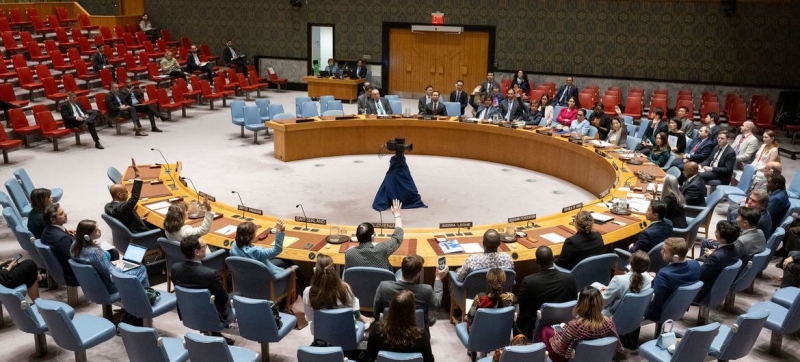
UN Security Council. Photo from the archive The General Assembly elected five non-permanent members of the UN Security Council UN
On June 6, at the 78th session of the UN General Assembly, elections were held for five non-permanent members of the UN Security Council. Denmark, Greece, Pakistan, Panama and Somalia will begin their duties on January 1, 2025 and will work until December 31, 2026.
Five countries competed for five seats. The elected non-permanent members will fill the vacated seats of the African Group (currently held by Mozambique), the Asia-Pacific Group (currently held by Japan), the Latin American and Caribbean Group (currently held by Ecuador) and two seats of the Western European and Other Groups (currently occupied by Malta and Switzerland).
All five countries elected today were previously members of the UN Security Council: Pakistan – seven times, Panama – five times , Denmark – four times, Greece – twice and Somalia – once.
The UN Security Council is one of the six main bodies of the United Nations. It consists of 15 countries, five of them – Great Britain, France, China, Russia and the United States – are permanent members with veto power. The remaining ten are elected by the General Assembly for a term of two years.
Each member of the Security Council has one vote. In accordance with the Charter, member states agree to abide by and implement the decisions of the Security Council.
The UN Security Council plays a leading role in determining whether a threat to peace or an act of aggression exists . It encourages the parties to a dispute to settle it peacefully and recommends methods of settlement. In some cases, the Security Council may resort to sanctions or even authorize the use of force in order to maintain or restore international peace and security. Members of the Security Council take turns performing the duties of the Chairman of the Security Council for a month.
